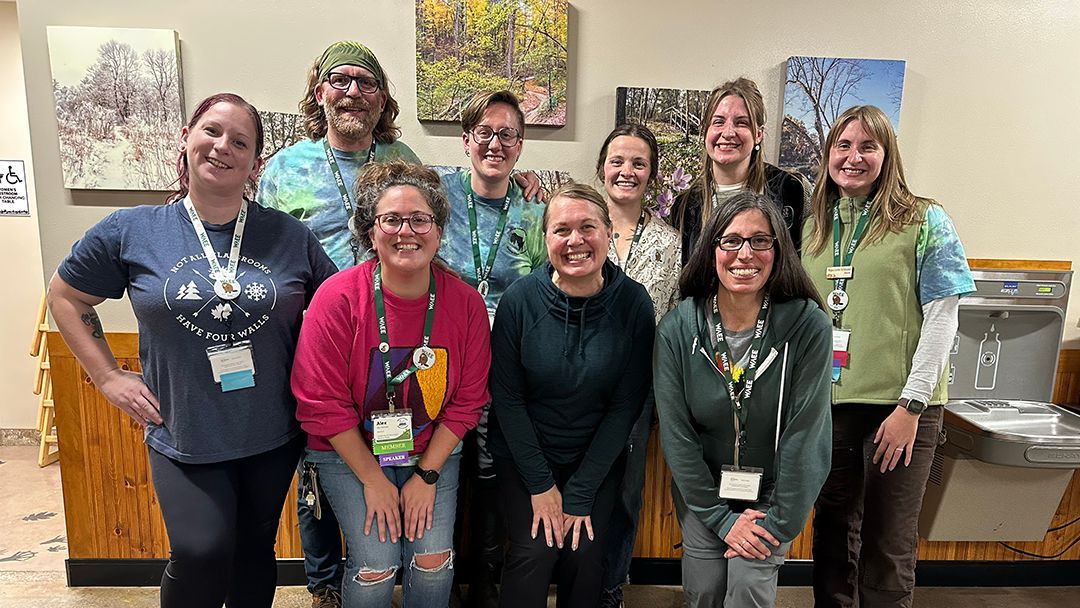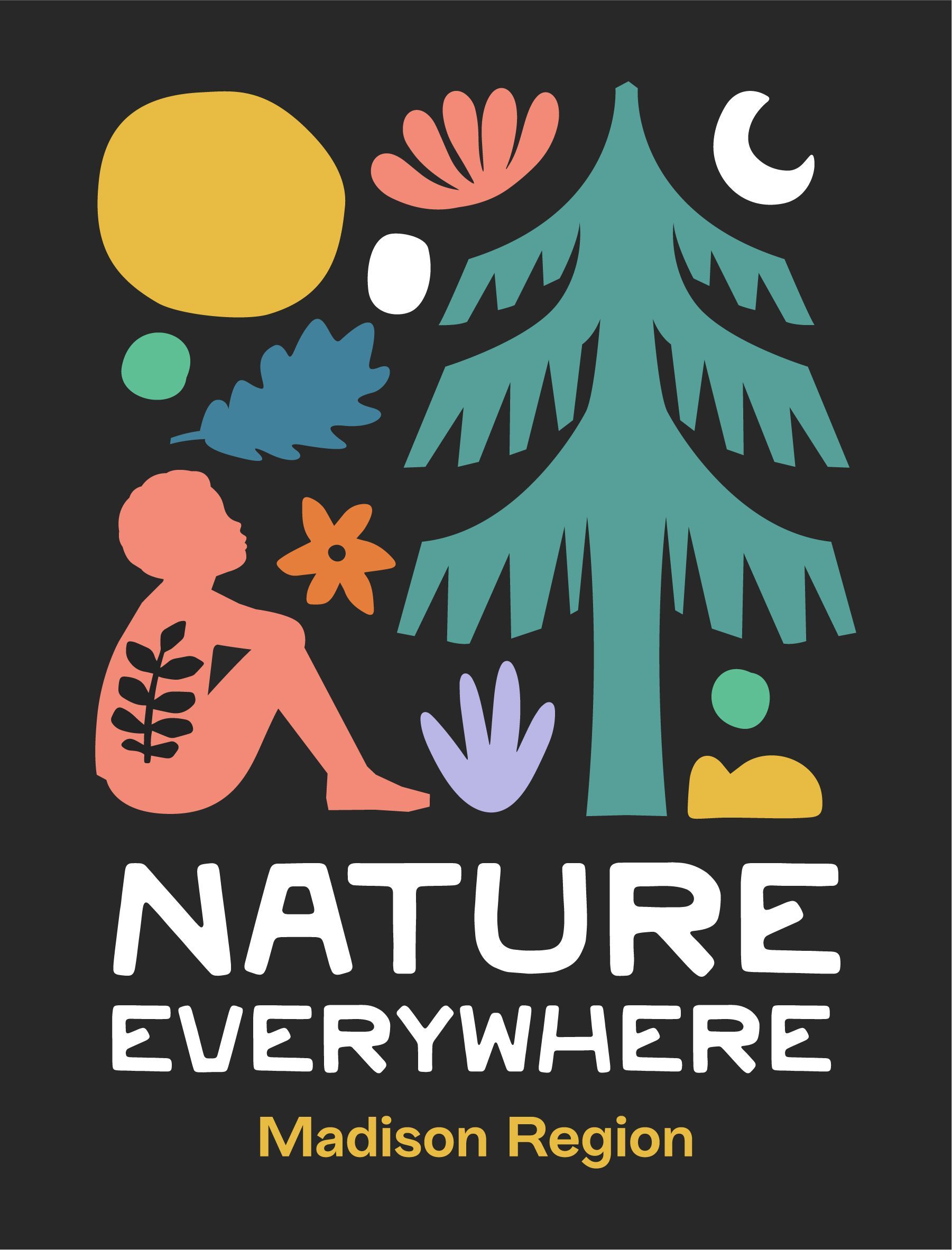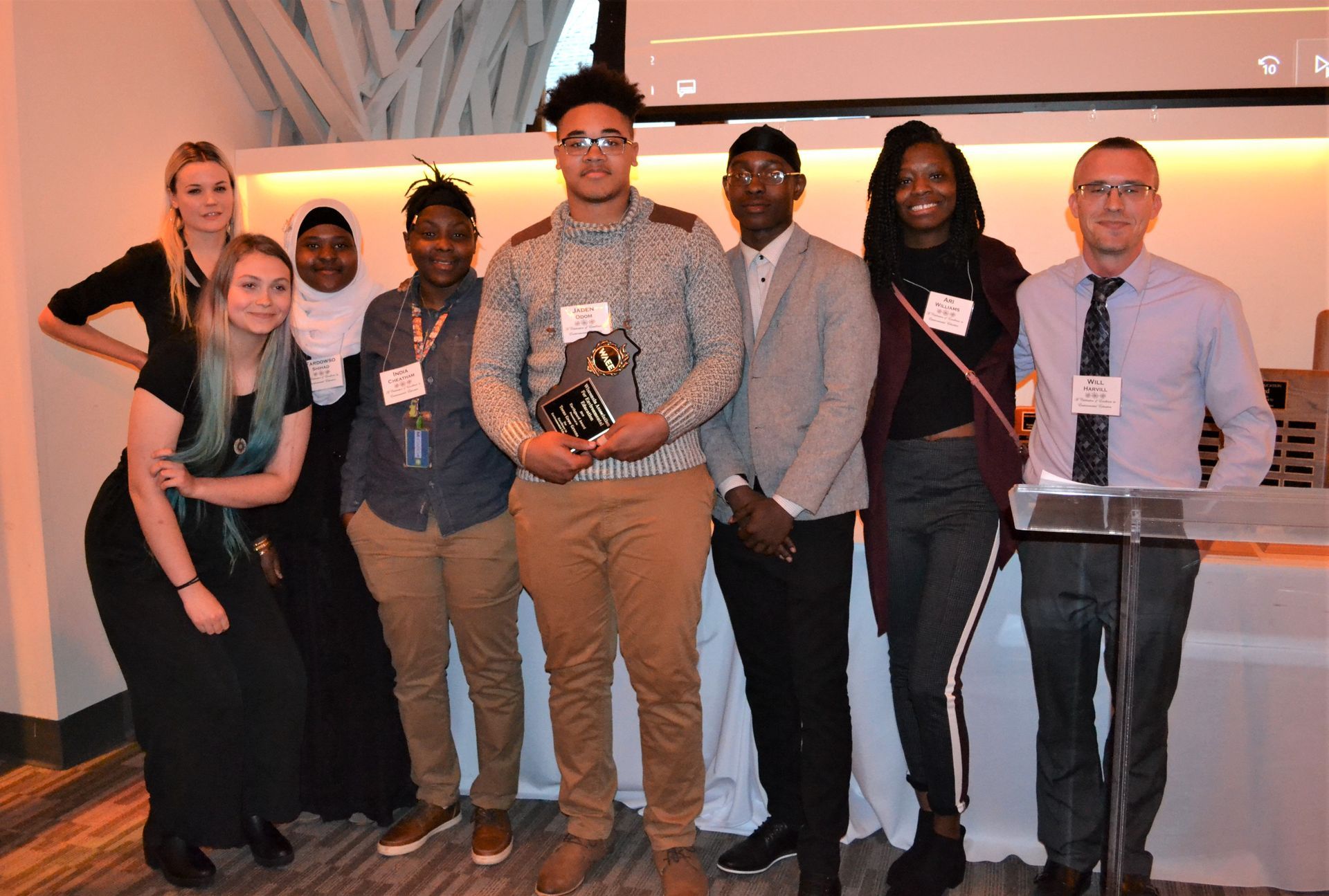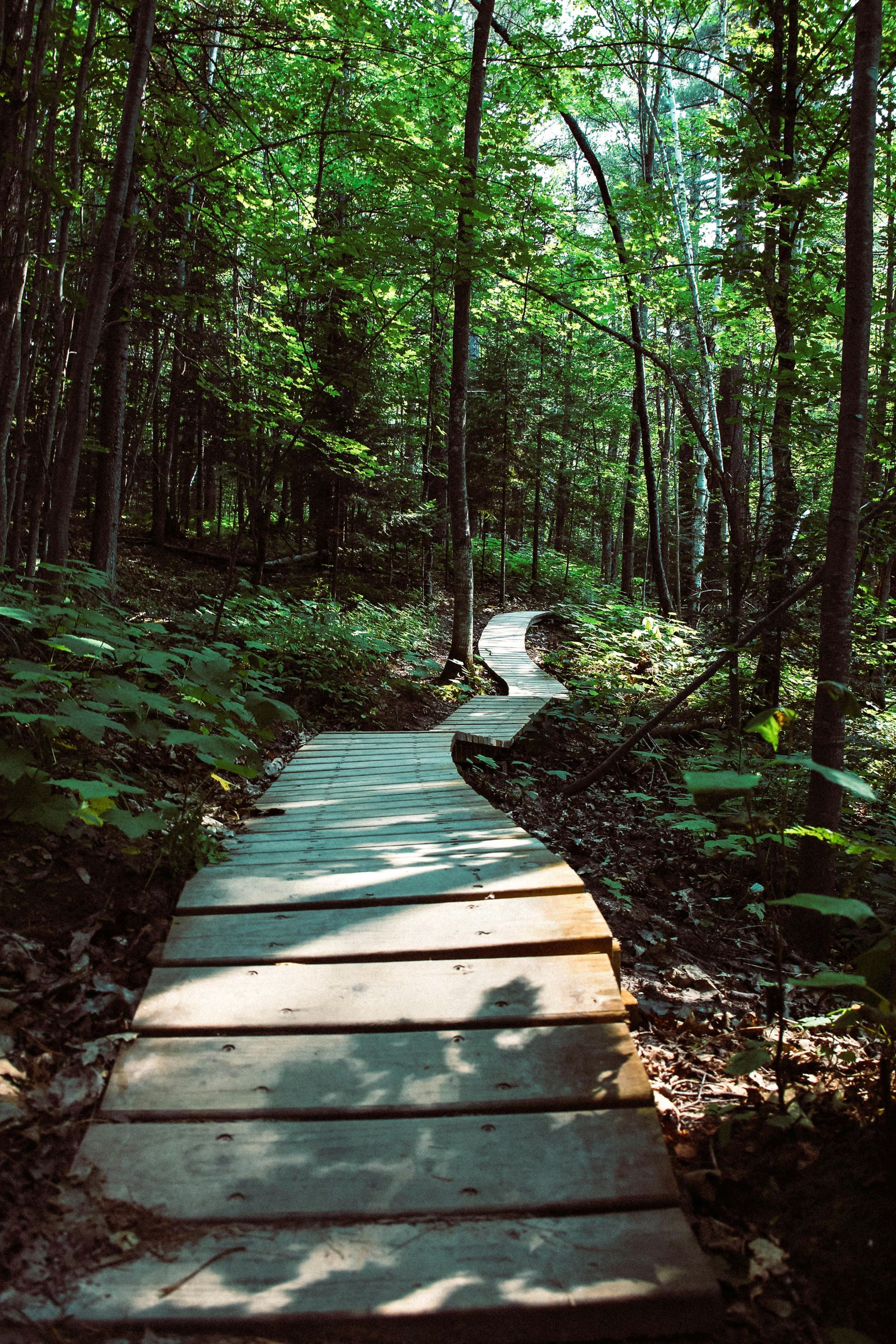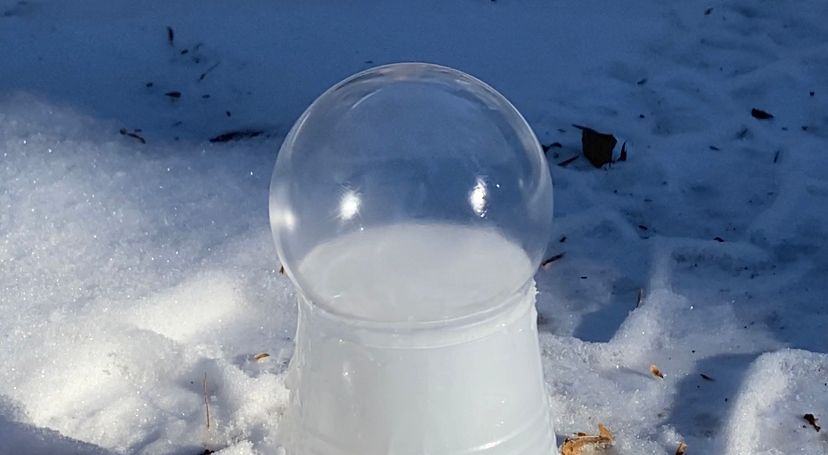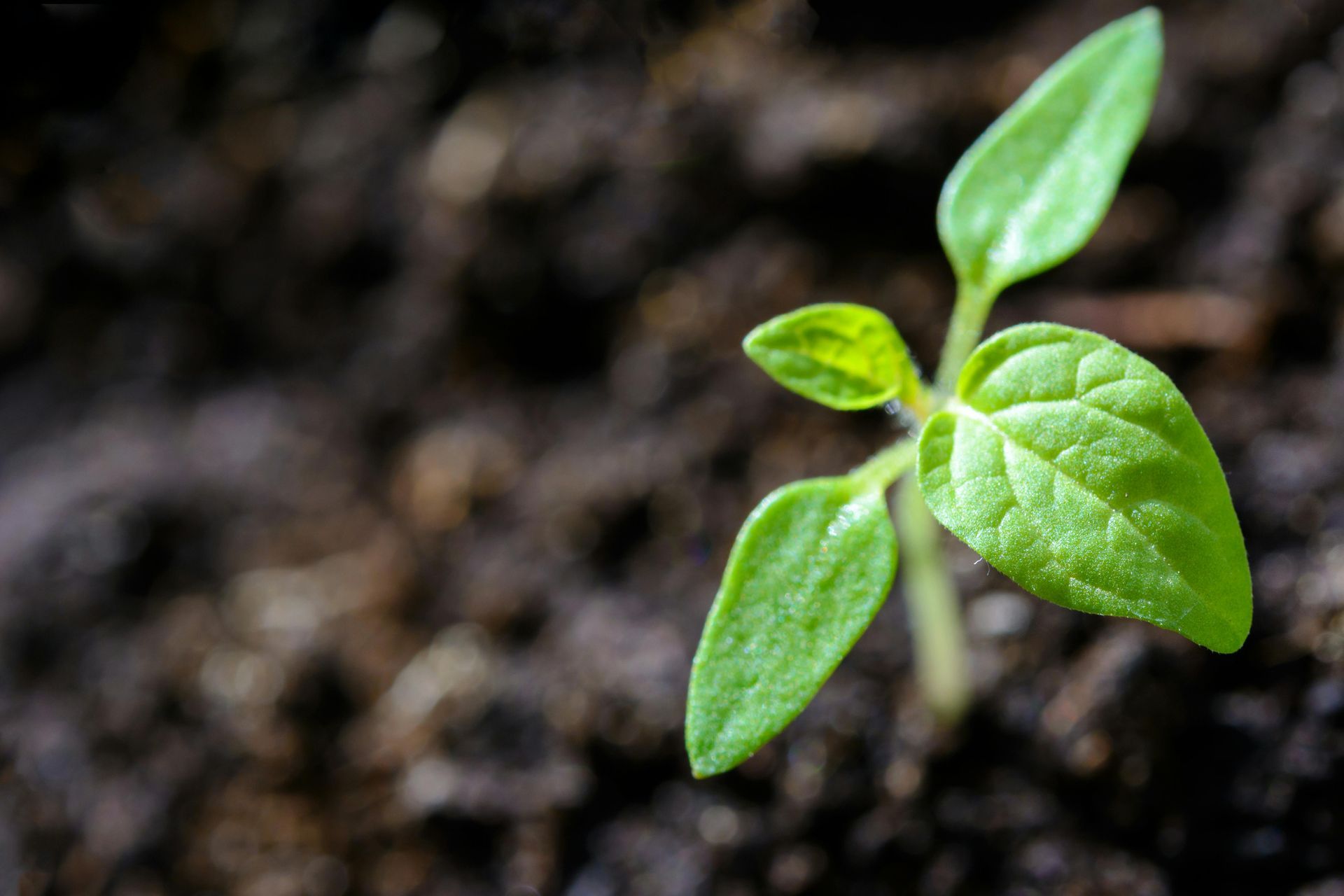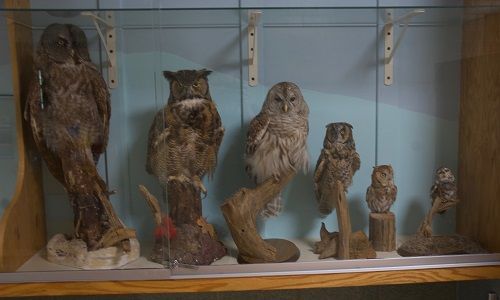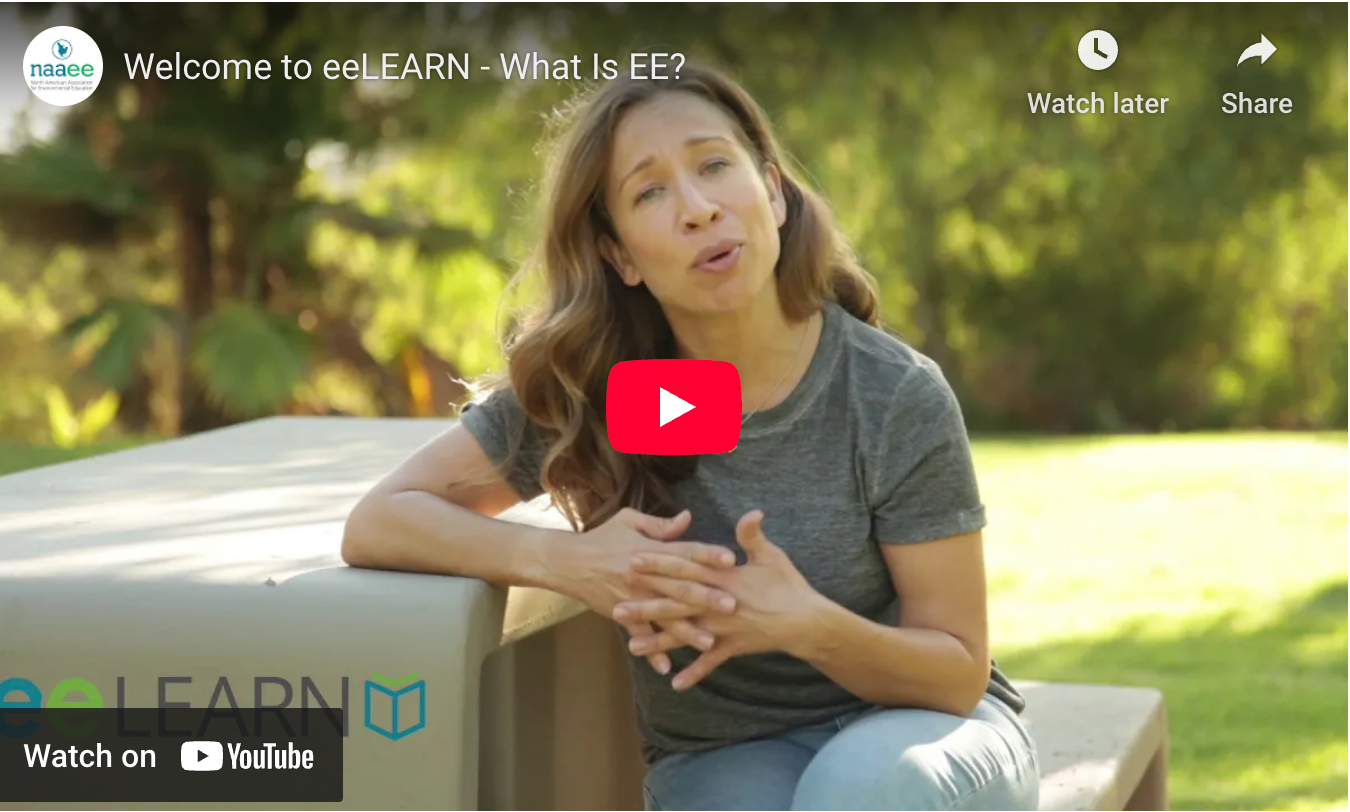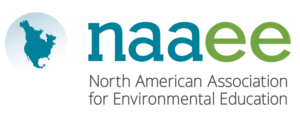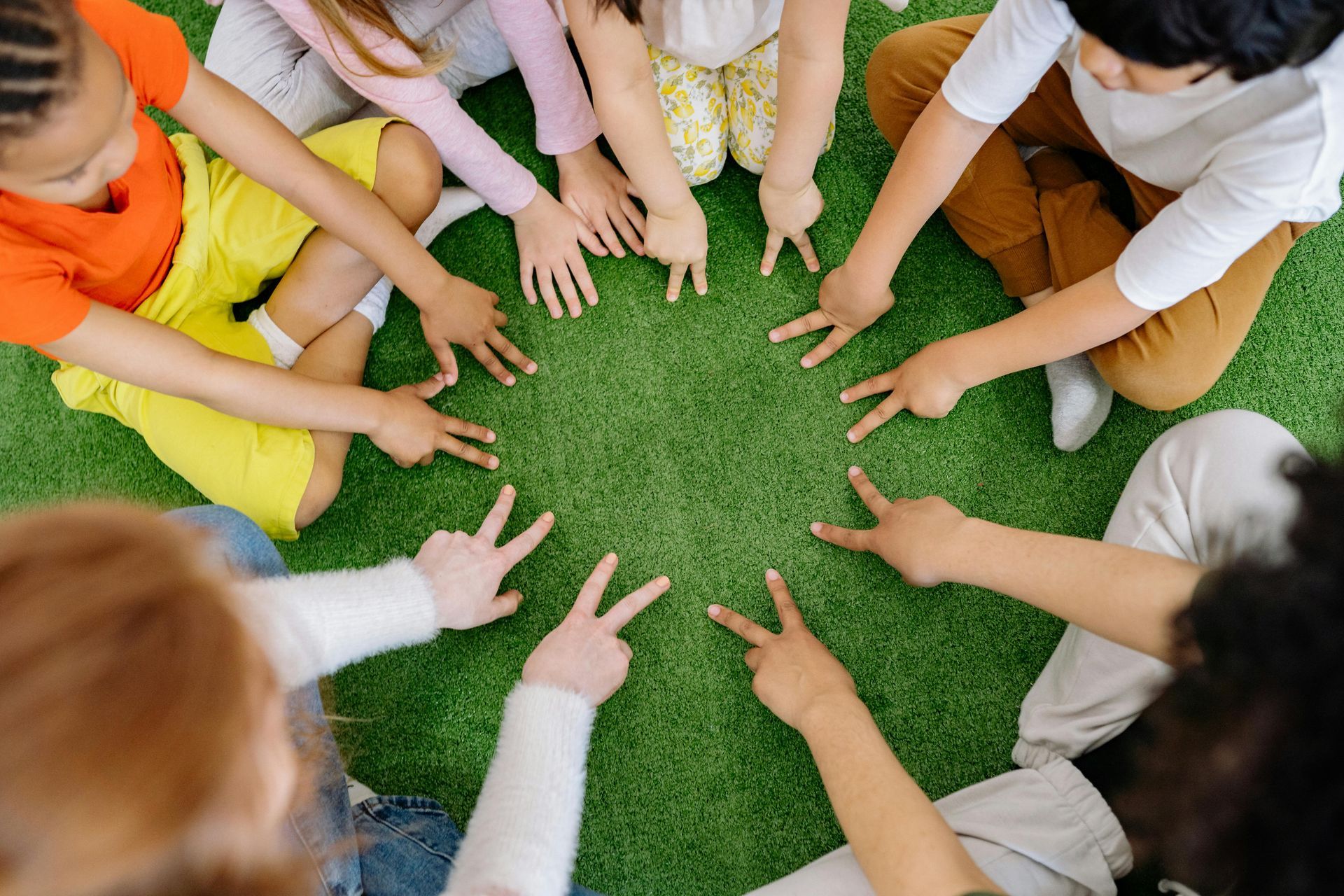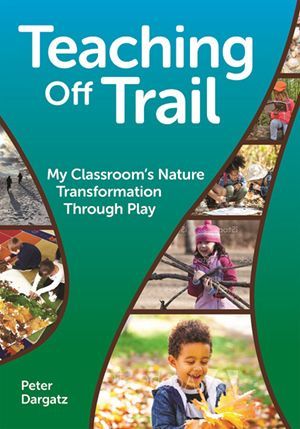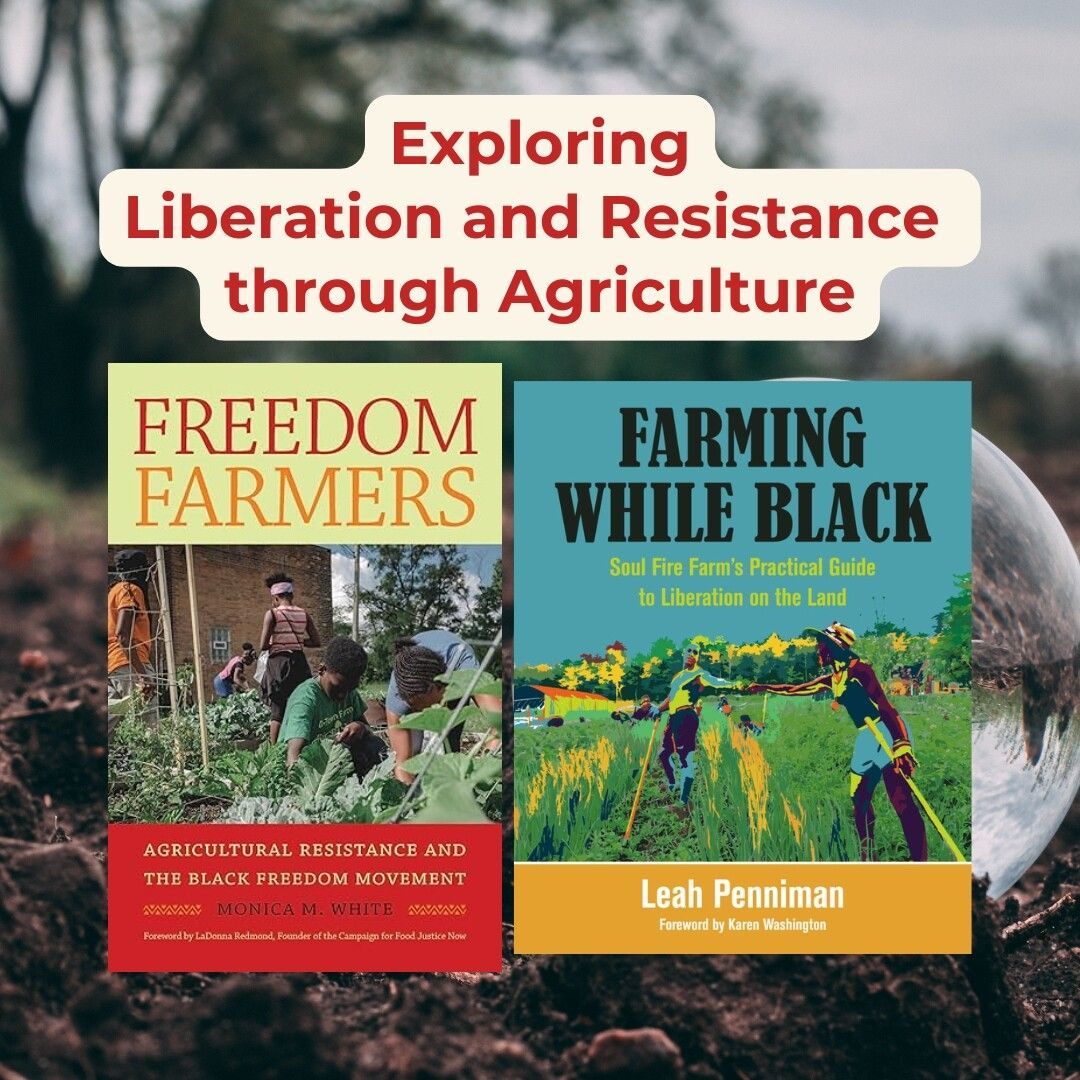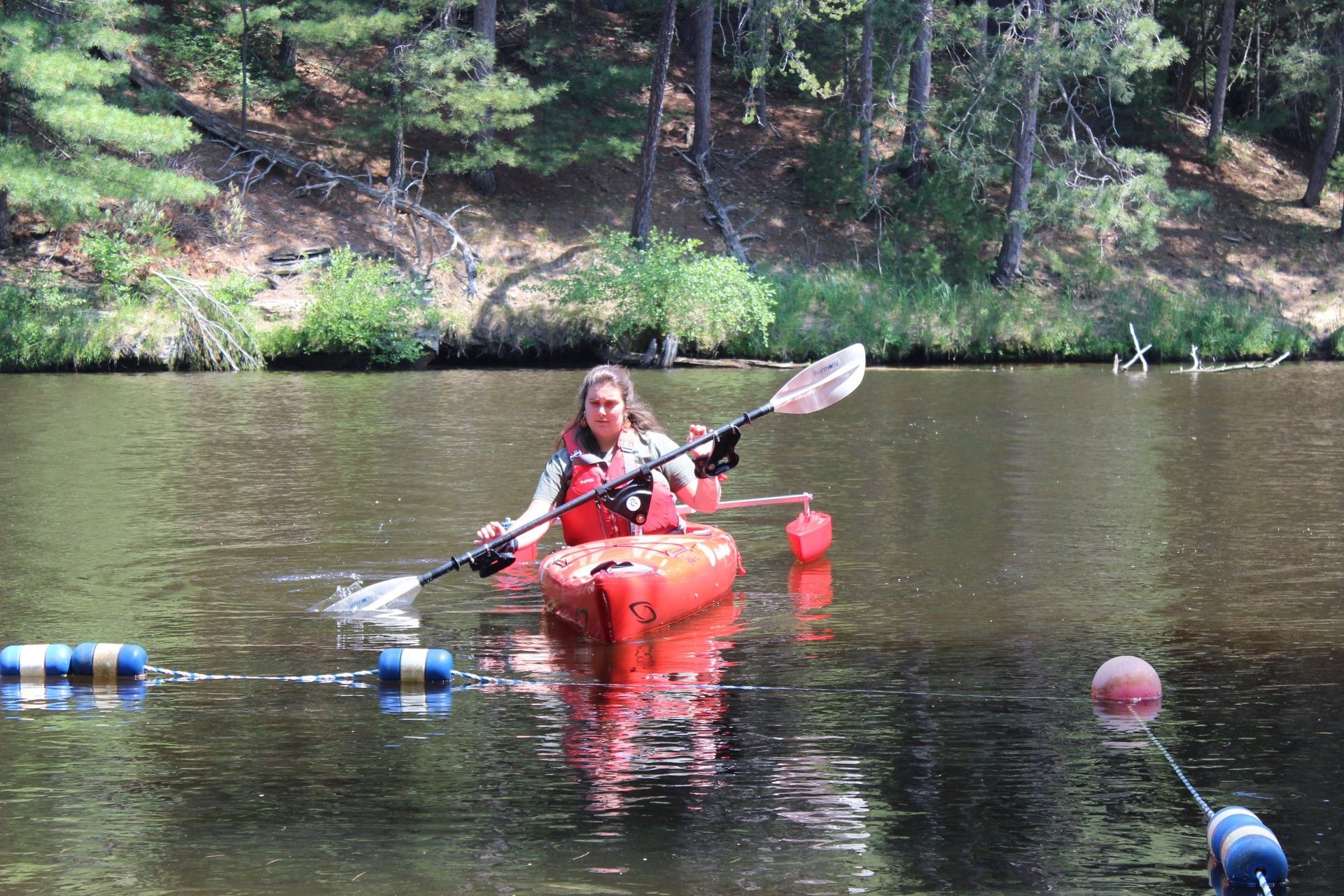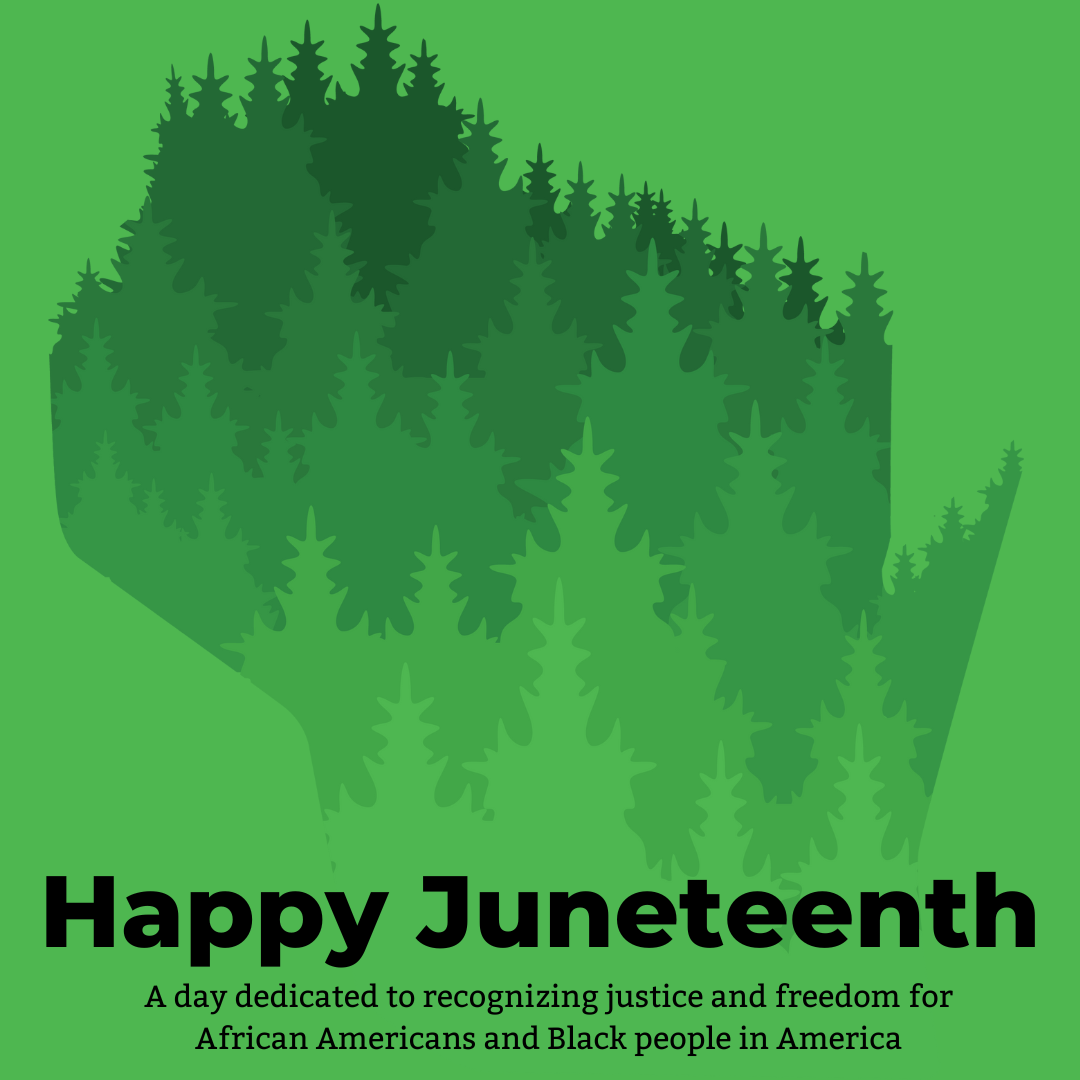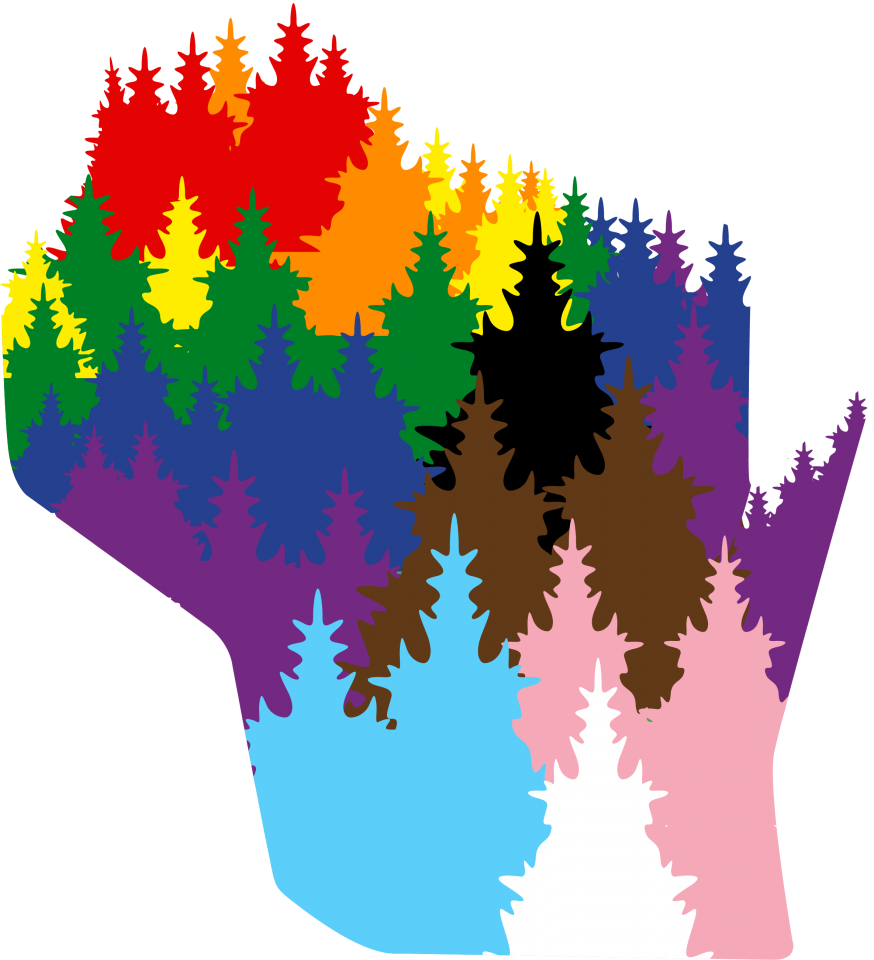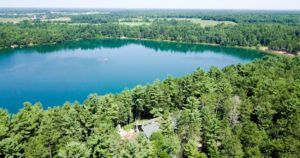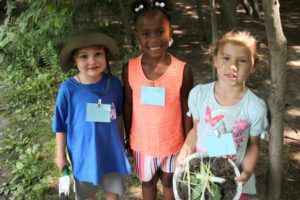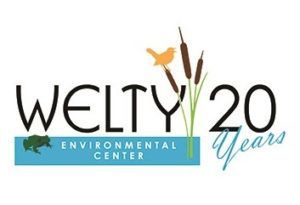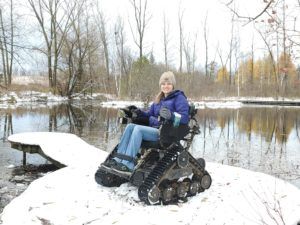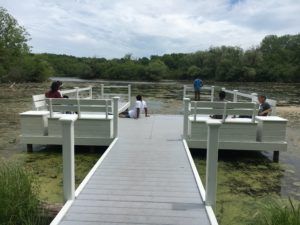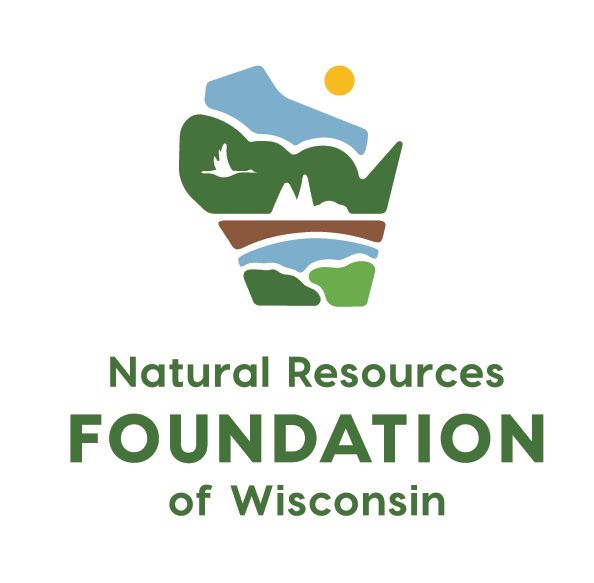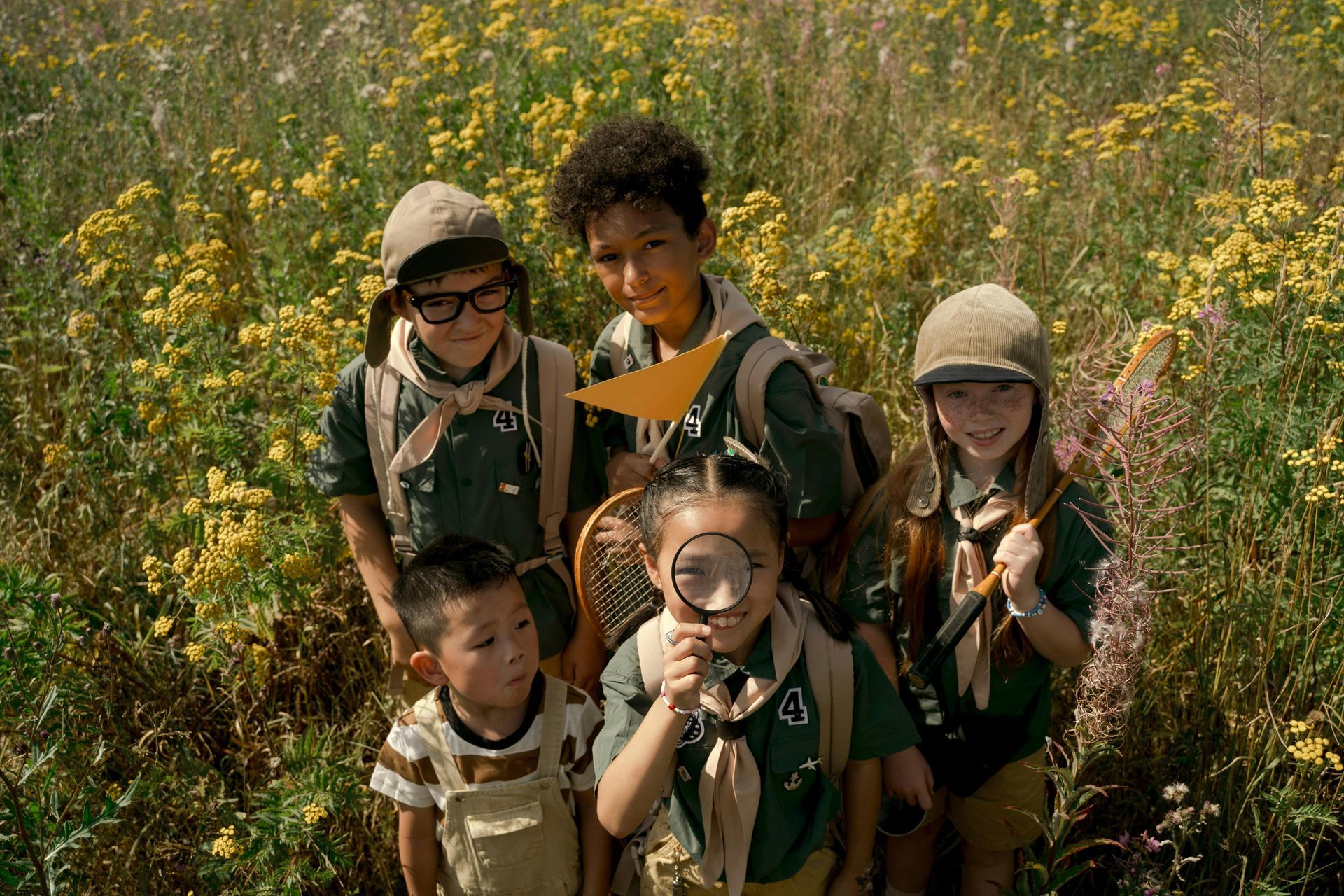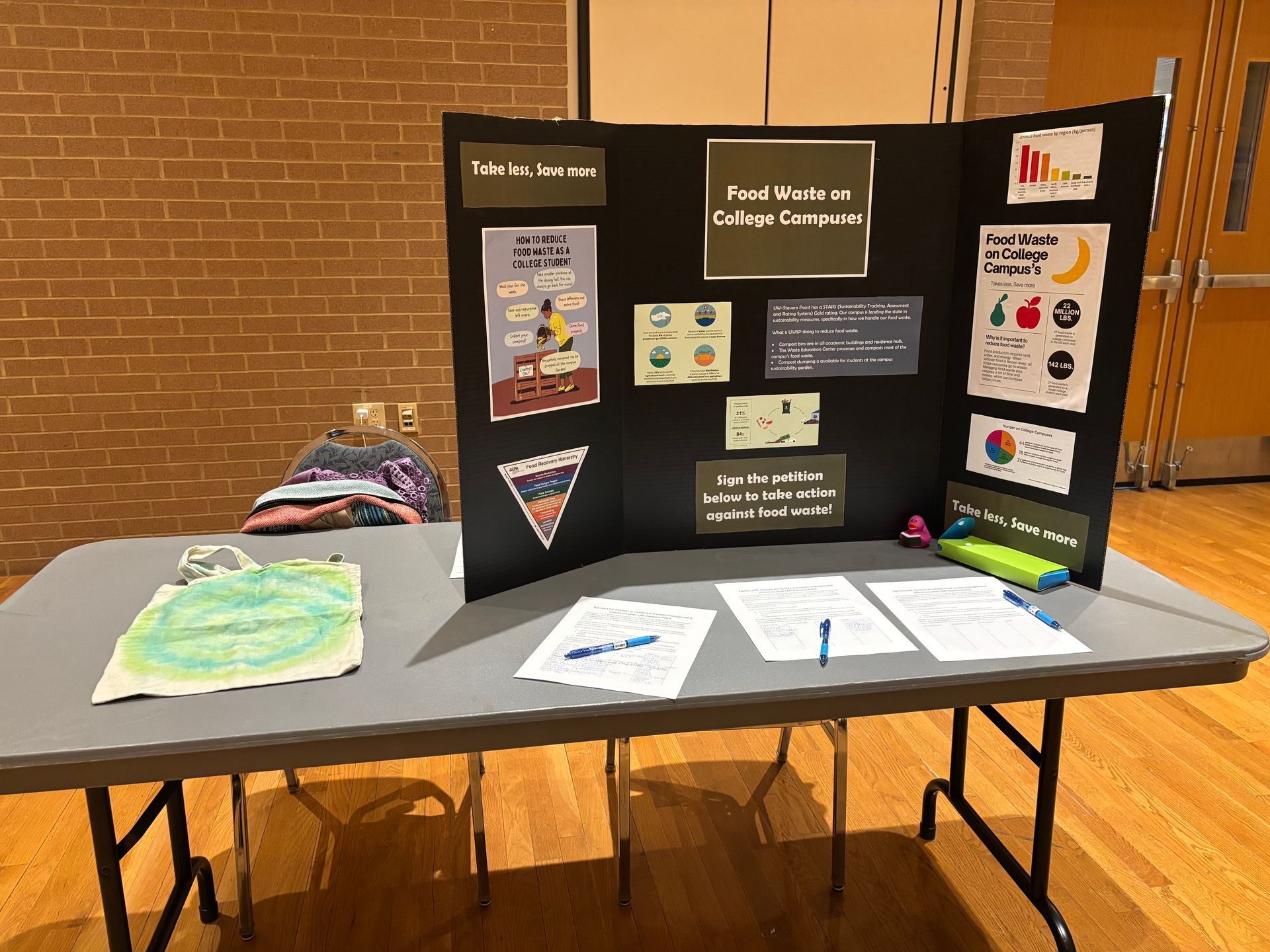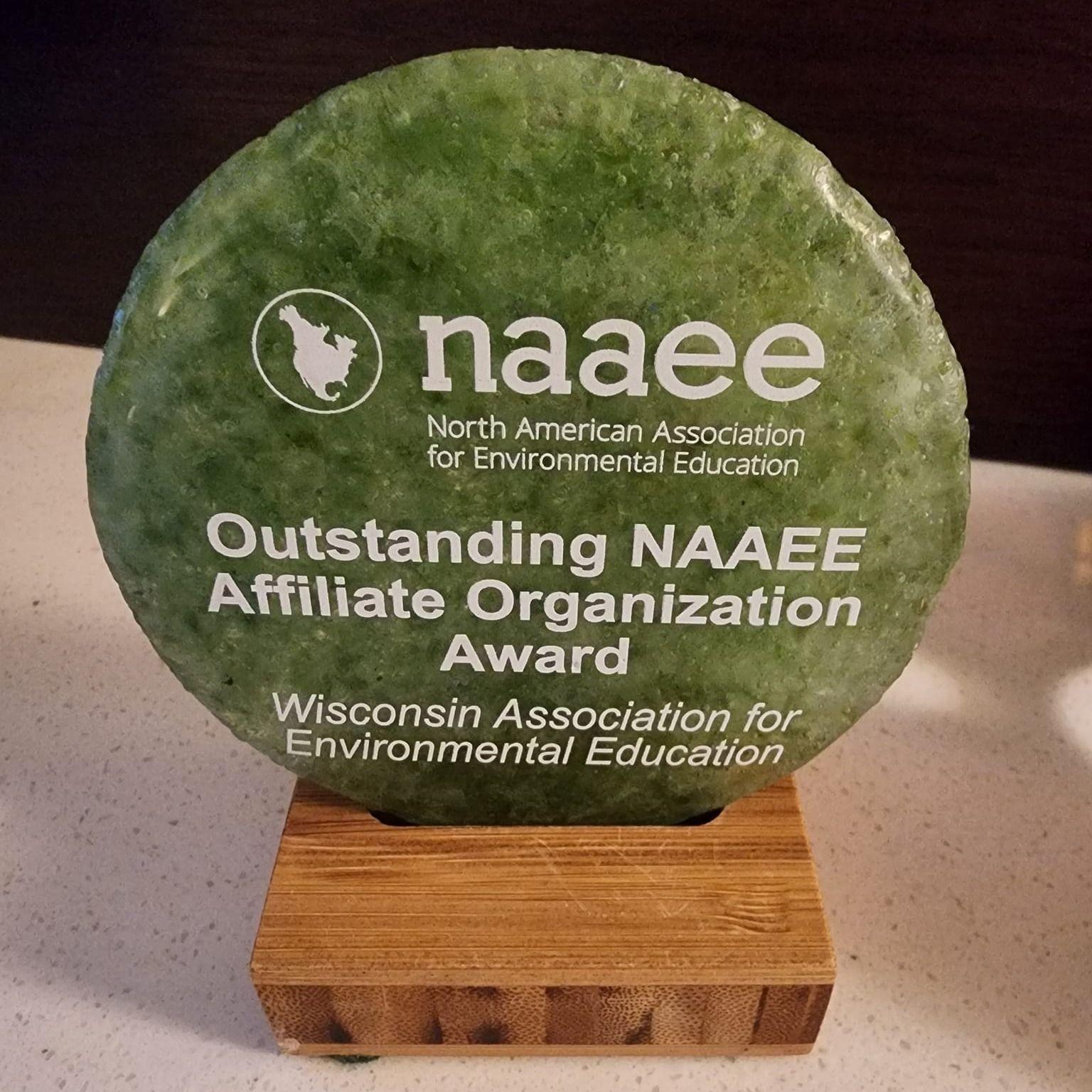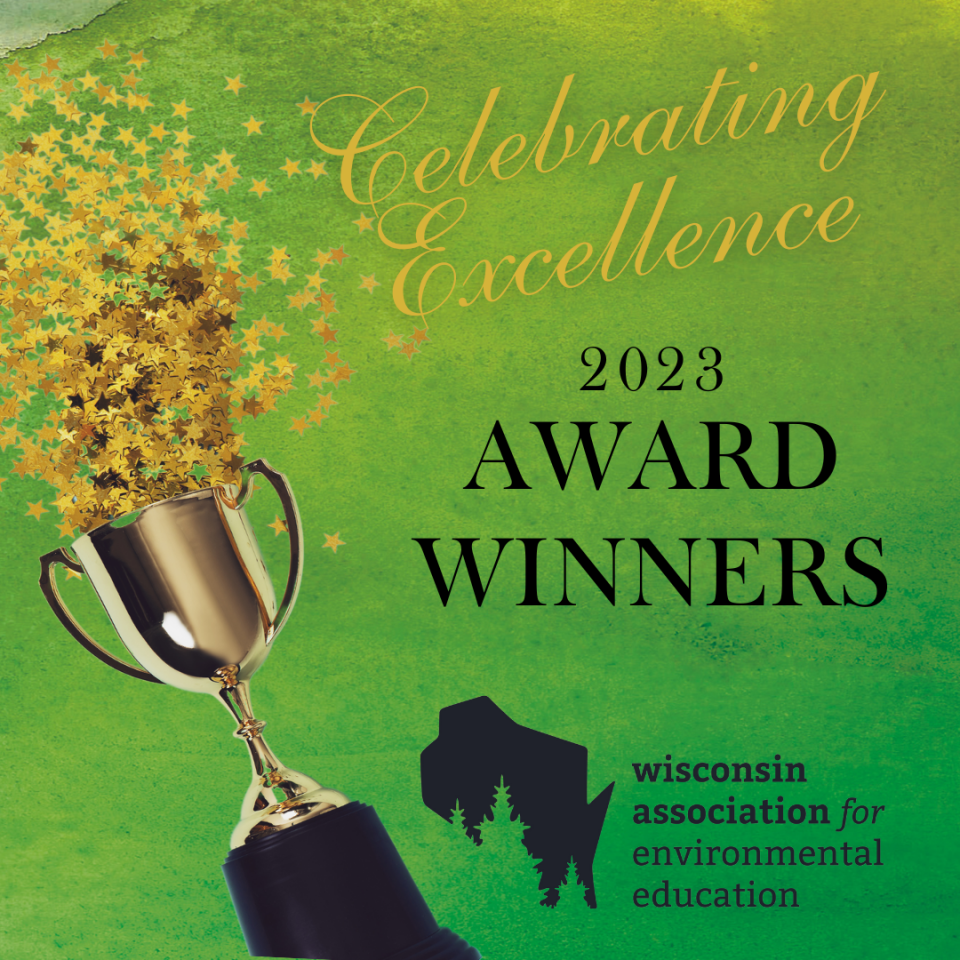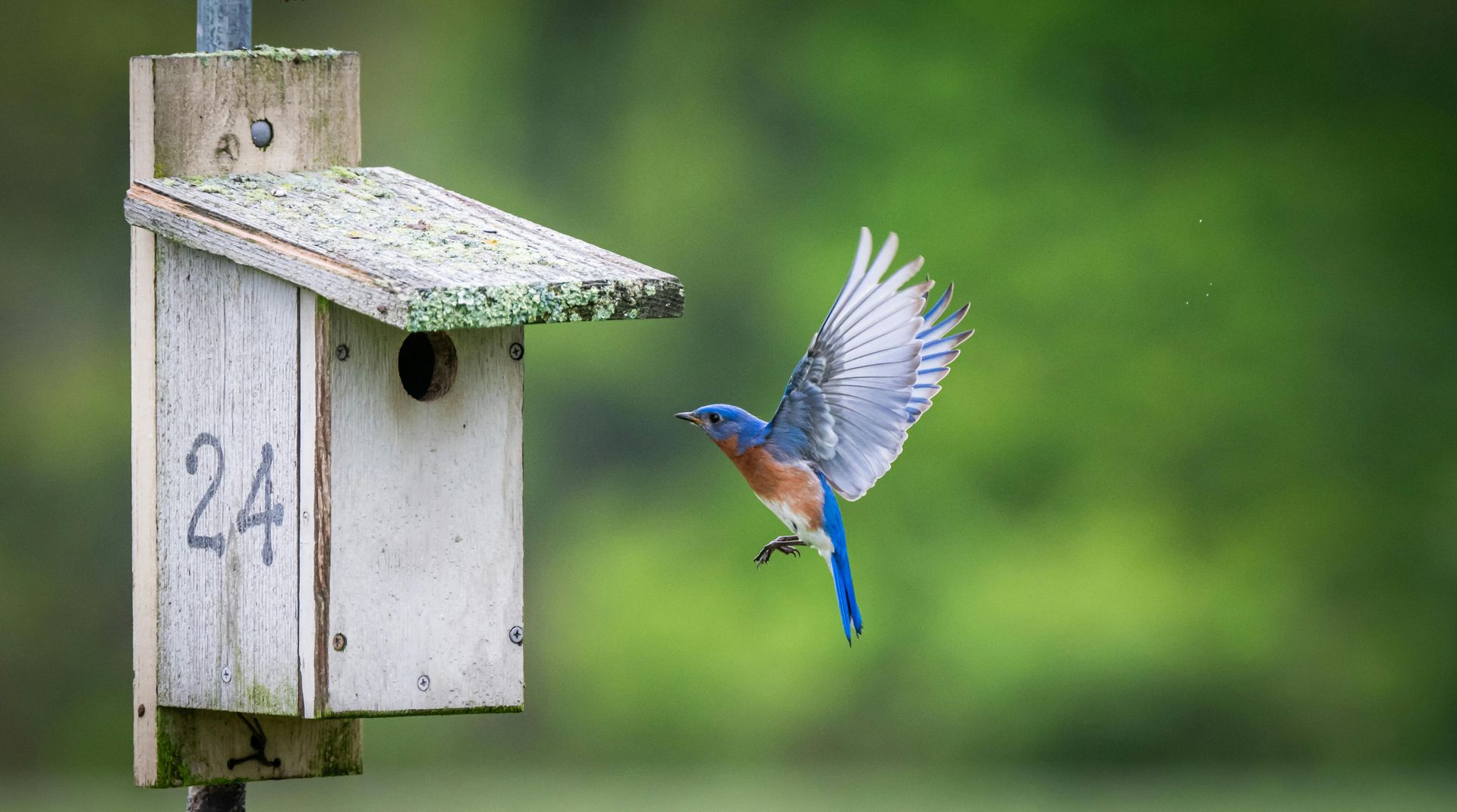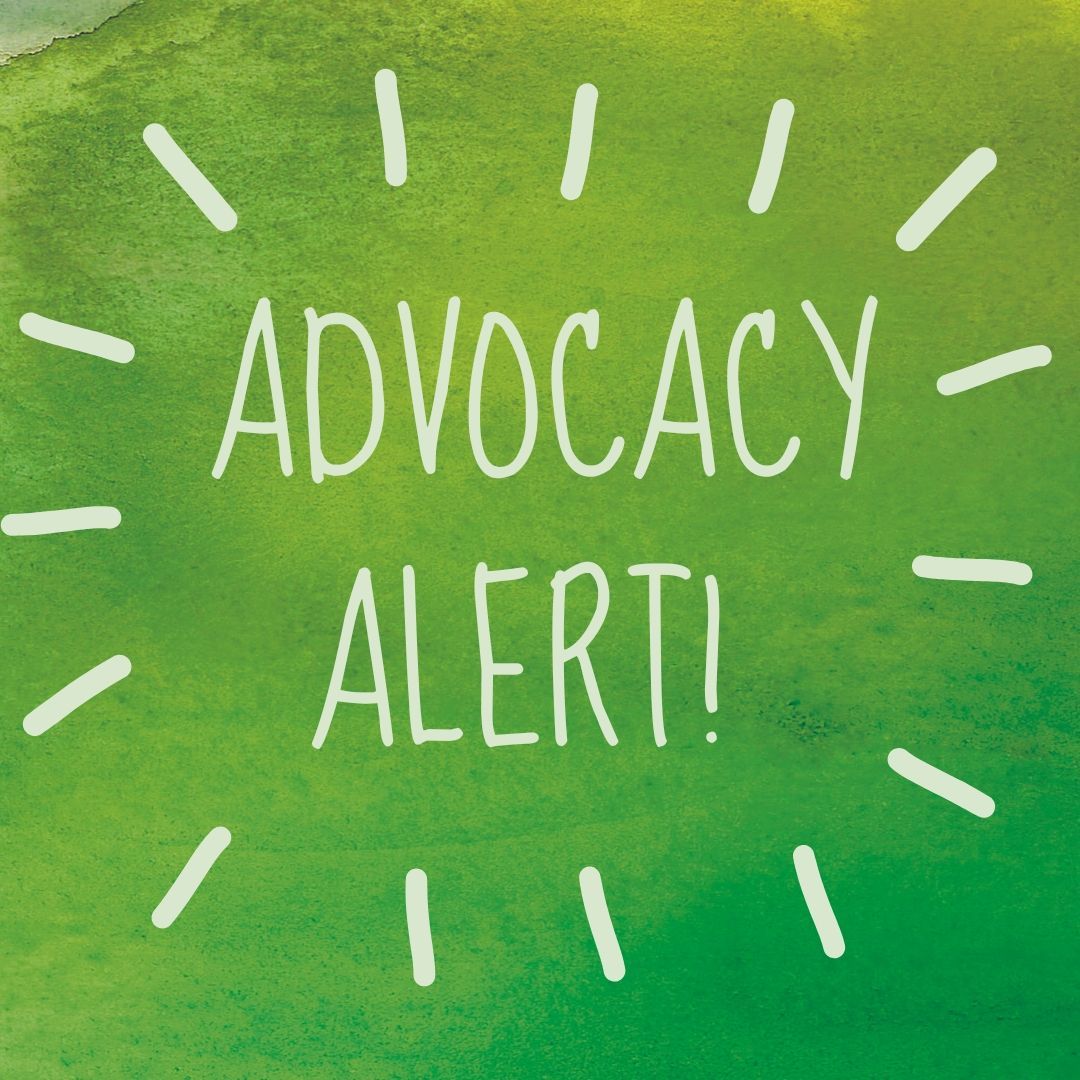News & Resources
WAEE Blog
Announcements

July 23, 2023
Study of the Status and Needs of Programming and Training in Environmental Education Organizations in Wisconsin Background: Environmental education (EE) organizations are critical in promoting ecological literacy and sustainability. As the field evolves, ongoing assessment of programming and staff training needs is essential to ensure relevance and impact. Purpose: This study aimed to evaluate the current status of EE programming and identify professional development needs across Wisconsin-based EE organizations. Methodology/Approach: In early 2025, a web-based survey was distributed to 650 EE organizations statewide. A total of 202 respondents completed the survey based on the organization role the respondent selected: Administrative/Leadership; Full-time/Salaried Faculty; Seasonal or Part-time Staff; and Volunteer, Student, or Intern. To view the questions from the 2025 survey, please click here Findings: The study offered insights into urban and rural EE organizations, particularly the types of nature relationships they aim to promote. The most cited was “naturalistic”–satisfaction from direct experience with nature. Subject area content needs were highest in technical skills, including AI, GIS, and innovative techniques. The top organizational skill in need of development was community engagement. Interpretive training, conservation, and education were listed as the most sought training. Implications: These findings highlight the importance of targeted professional development to support EE approaches across varying community contexts.
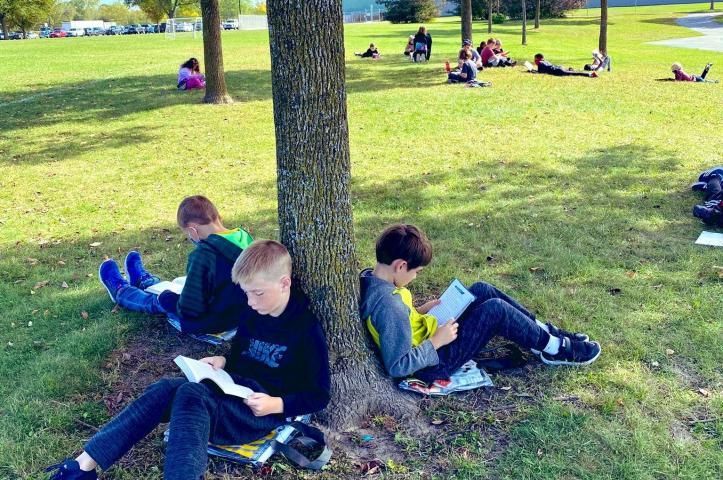
May 17, 2021
A District-led EE Program 45 years Running An interview by Elisa Mattson , originally published by NAAEE The School District of Waukesha is, frankly, amazing. The district-led EE program has been running for 45 years now, beginning with the inspiration and investment of one teacher. Although the team has grown to include 11 members, there is still one staff member who has been with the program since the very beginning. With the onset of COVID-19 in the spring of 2020, the EE team brainstormed new ways to support teachers and make use of their time. They decided to transform their sporadic update newsletter into a weekly content-driven newsletter that would go on to support hundreds of district teachers, as well as spark the interest of many more, including outside districts, an international audience, and yours truly. Some highlights for me have been bird bingo, a digital owl pellet dissection game, and all the corny science jokes. Their newsletter archive(link is external) is available for anyone to peruse, and I thoroughly recommend it. I had the wonderful opportunity to speak with with three staff members of the School District of Waukesha's EE team: Erica Yoss, the K–12 Science and EE Coordinator, Emma Koeppel, Site Manager, and Laureanna Raymond-Duvernell, one of the nine EE teachers on staff. I'm so grateful for their advice-filled and open-hearted responses. Please read, enjoy, and share if you find their words helpful.
Value of Environmental Education
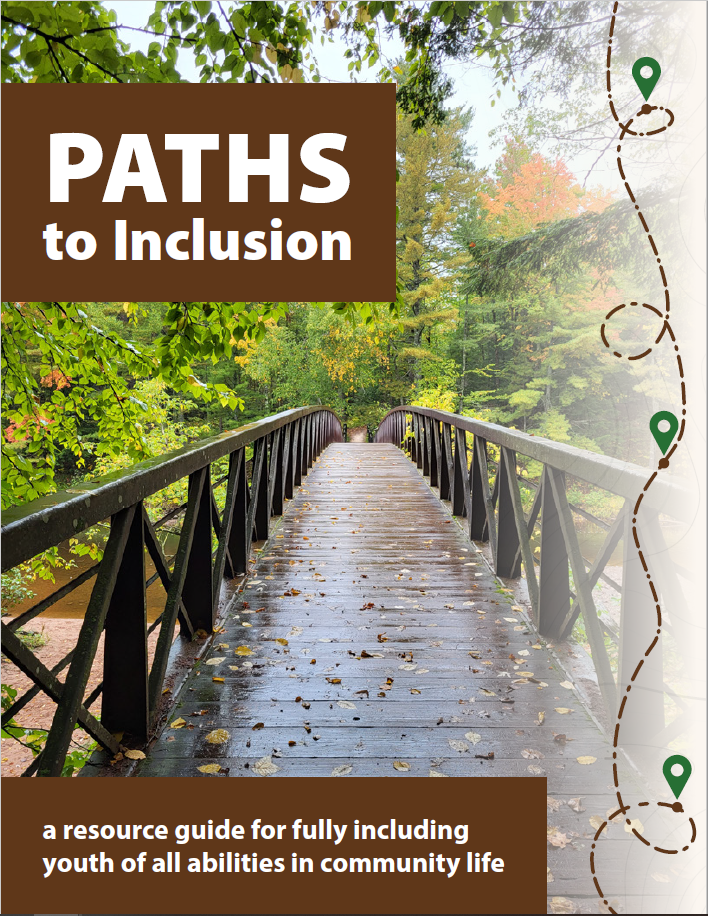
May 10, 2024
UW-Extension, in partnership with many organizations, developed "Paths to Inclusion: a resource guide for fully including youth of all abilities in community life" which is a 20 page PDF designed to provide guidance to increase opportunities for disabled youth. Sections include: What Is Inclusion and Why Does it Matter? What Do We Need to Know About Disabilities? How Does Inclusion Happen? Where Is Inclusion Happening? How Can We Support Well-Being? and more… For complete details, visit the UW-Extension website: https://4h.extension.wisc.edu/4h-resources/paths-to-inclusion/ View PDF

September 1, 2022
The Wisconsin Department of Public Instruction created the " Engaged Educator Coalition " hub to provides resources for professional learning, reflection, and collaboration so that educators have regular opportunities to engage in the following: build their knowledge of and reflect on the history of race, racism, and exclusion in the United States and build their skill for discussing this history with students in the context of lessons and class discussions, increase their own self-awareness of how their various social identities in terms of race, class, gender, language, etc. shaped their own educational experiences and shape their definitions of success and their interpretations of student behavior, deconstruct, reflect on, and design lessons that support the active valuing, engagement, and development of the whole child, learn about the neuroscience of learning; those signals that trigger a “threat” response especially for students of color as well as strategies explicitly designed to decrease stress and generate a sense of calm and well-being, and develop a repertoire of approaches for building trust, especially across race, class, and culture. Within the hub, find resources like the Evaluating Instructional Resources for Bias: Centering Students and Working Towards Healing and Our Collective Liberation to support your practice.
Resource Recommendations
Advocacy

February 19, 2025
Feeling ready to take action in the face of pressing environmental challenges? Many of us do. That's why we're highlighting 5 Calls, a user-friendly app designed to bridge the gap between concerned community members and their elected officials. Instead of navigating complex policy documents or searching for contact information, 5 Calls streamlines the process. They provide thoroughly researched scripts on key environmental issues, pinpoint the relevant decision-makers, and offer direct phone numbers for their offices. This empowers you to deliver concise, impactful messages directly to those who shape policy. In a time where individual voices matter more than ever, 5 Calls offers a practical and efficient way to make a tangible difference. Check out 5 calls today: https://5calls.org/

March 31, 2021
Round 2 Questions The Superintendent of Public Instruction, sometimes referred to as the State Superintendent of Schools, is a constitutional officer within the executive branch of the Wisconsin state government, and acts as the executive head of the Department of Public Instruction. WAEE has asked the candidates about their views on environmental education. Following the primary election, WAEE followed up with the final candidates with a second round of questions. Their responses are provided below. The Wisconsin State Superintendent election will be held Tuesday, April 6, 2021. Where to Vote https://myvote.wi.gov/en-us/Find-My-Polling-Place


